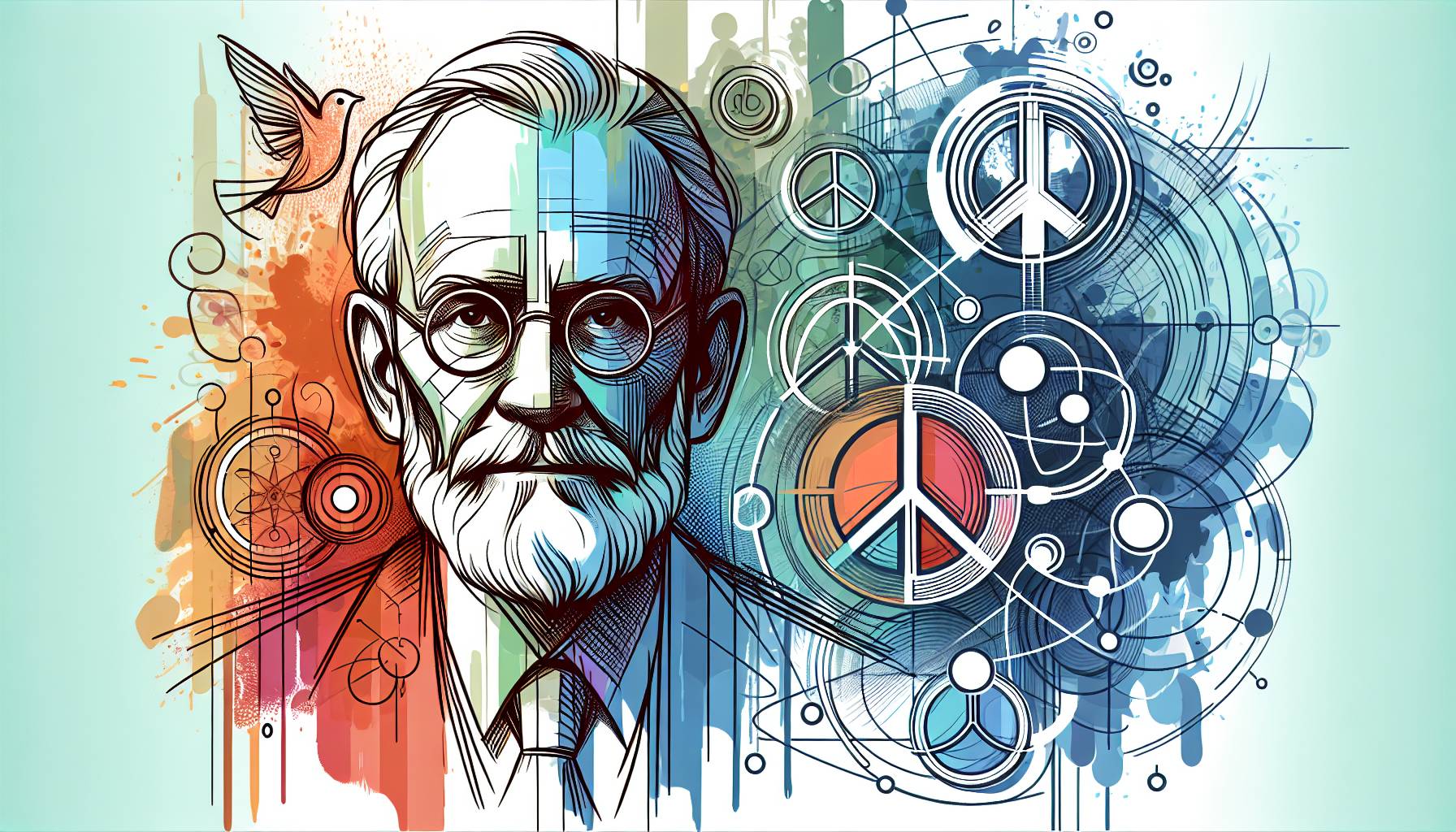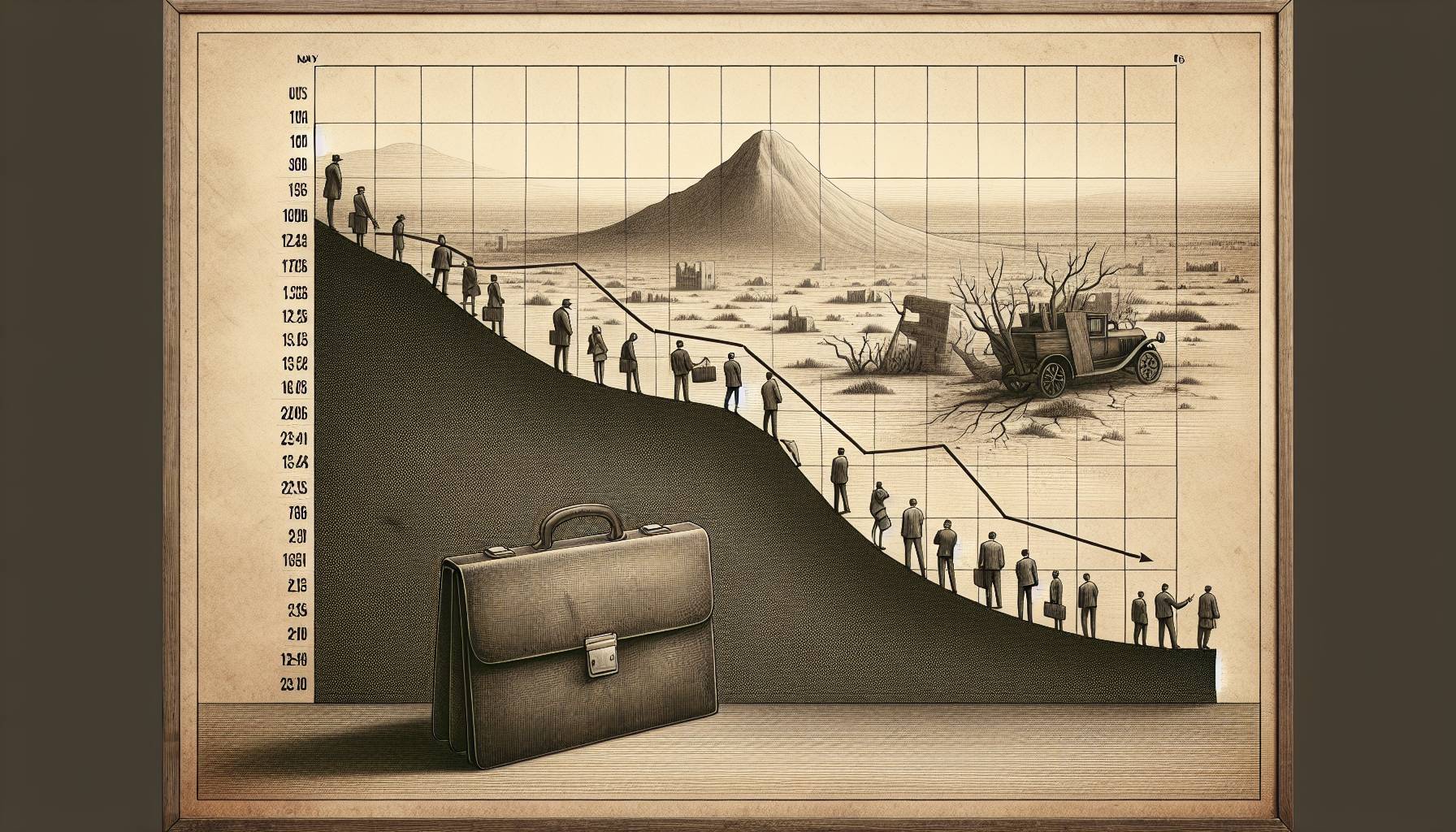Biography and early career
Henry Alfred Kissinger was born on May 27, 1923, in Fürth, Germany, to a family of German Jews. After fleeing Nazi Germany with his family and eventually settling in New York City, Kissinger went on to study at City College of New York and, later, at Harvard University, where he earned his PhD in International Relations. He began his political career after joining the U.S. Army during World War II, where he served in the Counter Intelligence Corps and eventually became a naturalized U.S. citizen.
An expert in diplomacy
Kissinger’s diplomatic career began in the Kennedy administration, where he served as a consultant to the National Security Council. After this, he held positions within the administrations of Lyndon B. Johnson, Richard Nixon, Gerald Ford, and continued to advise subsequent presidents until his death. From being an expert in nuclear strategy to handling crises in the Middle East, Kissinger exhibited an unwavering ability to navigate complex geopolitical situations.
Shaping US-China relations
Perhaps one of Kissinger’s most notable accomplishments was his role in establishing diplomatic relations between the U.S. and China. He secretly visited China in 1971, paving the way for the official visit by President Nixon in 1972. These efforts not only led to the establishment of diplomatic ties but further elevated Kissinger’s status as a renowned diplomat revered for his strategic foresight.
Middle East peace
Calming the storm in the Middle East was another of Kissinger’s impressive feats. He played a major role in negotiating ceasefires between the warring nations during the Yom Kippur War in 1973. Kissinger’s efforts not only helped stabilize the region but also contributed to the formation of the Camp David Accords, which significantly reduced tensions between Israel and Egypt.
Architect of détente
As the key figure behind the détente policy in the 1970s, Kissinger was instrumental in facilitating better diplomatic ties between the US and the Soviet Union that eventually led to the Strategic Arms Limitation Talks (SALT). These talks helped in placing restrictions on nuclear arsenals of the two superpowers, ushering in an era of reduced Cold War tensions.
The 1973 Nobel Peace Prize
For his role in negotiating a ceasefire in the Vietnam War, Kissinger was awarded the 1973 Nobel Peace Prize alongside Le Duc Tho, who represented North Vietnam. However, this move was met with controversy as the Vietnam War raged on despite the ceasefire agreement. Kissinger’s complex legacy in the conflict remains a subject of debate to this day.
Addressing ethical implications
Though praised for his substantial contributions to American diplomacy and world peace, some of Kissinger’s policies drew criticism for prioritizing U.S. interests over human rights and democratic values. However, his supporters argue that these strategies were often necessary for maintaining geopolitical stability and peace in an increasingly complex global landscape during the Cold War era.
A nuanced legacy
Kissinger’s legacy is one marked by a mix of admiration and controversy. While his efforts to resolve international conflicts and establish key geopolitical alliances have made him one of the most respected figures in American foreign policy, the debates surrounding the ethical implications of some of his decisions remain pertinent. His actions during the Cold War have shaped the way diplomacy and geopolitics are conducted today, leaving a lasting impact on the world stage.
In conclusion, Henry Kissinger’s passing marks the end of an era in American diplomacy. His significant contributions to U.S. foreign policy and international relations will be remembered and studied by generations to come. Through his efforts to broker peace, crafting strategic alliances, and navigating complex situations during the Cold War era, Kissinger has left behind a complex, nuanced legacy that will continue to inspire and challenge policymakers and diplomats in the 21st century.
First Reported on: nytimes.com
FAQs
When and where was Henry Kissinger born?
Henry Alfred Kissinger was born on May 27, 1923, in Fürth, Germany.
What is Kissinger’s educational background?
He studied at City College of New York and later earned his PhD in International Relations from Harvard University.
In which administration did Kissinger’s diplomatic career begin?
Kissinger’s diplomatic career began in the Kennedy administration, where he served as a consultant to the National Security Council.
What was Kissinger’s role in establishing diplomatic relations between the U.S. and China?
He secretly visited China in 1971, paving the way for the official visit by President Nixon in 1972. This led to the establishment of diplomatic ties between the two countries.
What were Kissinger’s contributions to Middle East peace?
He played a major role in negotiating ceasefires during the Yom Kippur War in 1973, which helped stabilize the region and contributed to the formation of the Camp David Accords between Israel and Egypt.
Why did Kissinger receive the 1973 Nobel Peace Prize?
He was awarded the prize alongside Le Duc Tho for their role in negotiating a ceasefire in the Vietnam War, though the decision was met with controversy as the war continued despite the agreement.
What were some ethical implications of Kissinger’s policies?
He received criticism for some policies which prioritized U.S. interests over human rights and democratic values, but supporters argue that these strategies were necessary for maintaining geopolitical stability during the Cold War era.
What is the overall legacy of Henry Kissinger?
Kissinger’s legacy is a mix of admiration and controversy, with significant contributions to American diplomacy and global peace. His actions during the Cold War have shaped the way diplomacy and geopolitics are conducted today, leaving a lasting impact on the world stage.













